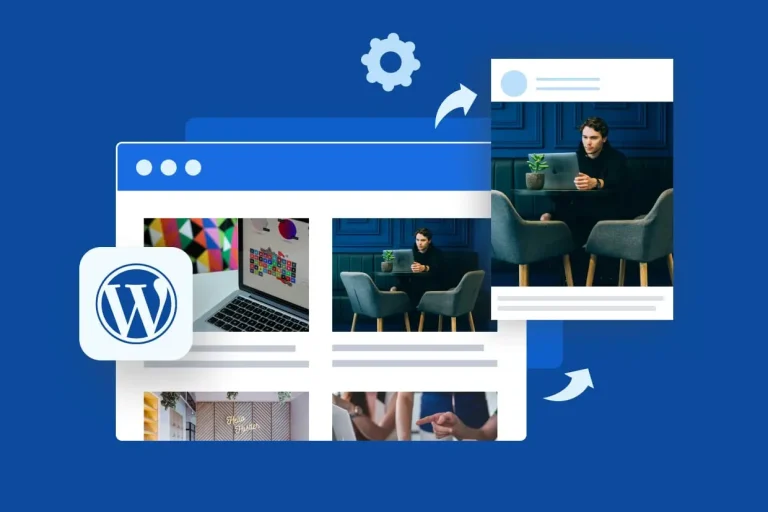Effectively managing software projects is crucial in today’s fast-paced business world. Agile and Scrum methodologies are modern approaches designed to manage projects more efficiently. In this article, we’ll explore how Agile and Scrum can enhance productivity in software project management.
1. Core Principles of Agile
Agile is a methodology that promotes flexibility and adaptability in software development processes. Its core principles include customer satisfaction, rapid response to changing requirements, continuous improvement, and frequent delivery. The Agile approach enables teams to quickly adapt to changing conditions and adjust their direction based on customer feedback. This supports the successful completion of projects.

2. Key Components of the Scrum Methodology
Scrum is an implementation of Agile methods and offers a more structured approach to software projects. The key components of Scrum include:
- Scrum Teams: Comprising three main roles: Product Owner, Scrum Master, and Scrum Team. Each role manages and coordinates different aspects of the project.
- Sprints: Short, time-boxed periods (usually 2-4 weeks) during which work is completed. At the end of each sprint, a potentially shippable product increment is delivered.
- Sprint Planning: A meeting at the start of a sprint where the team decides what work will be done and how it will be achieved.
- Daily Stand-ups: Brief daily meetings where team members share their progress, any obstacles faced, and their next steps.
- Sprint Review and Retrospective: Meetings held at the end of a sprint to review completed work and gather feedback on how to improve the process.
3. Ways to Enhance Efficiency
- Transparency and Communication: Agile and Scrum are based on principles of transparency and continuous communication. Team members are informed about the project’s status and can quickly resolve issues. Transparency reduces uncertainties in the project process and enhances efficiency.
- Frequent and Incremental Deliveries: The sprint structure of Scrum ensures that the product is delivered in small, manageable pieces at regular intervals. This allows for continuous monitoring of the product’s development and early adjustments based on feedback.
- Iterative Improvement: Agile and Scrum encourage continuous improvement. Retrospective meetings held at the end of each sprint provide feedback on how the process can be improved. This results in a more effective and efficient process over time.
- Quick Decision-Making: Agile and Scrum accelerate decision-making processes. Teams make quick decisions and steer the project accordingly, applying necessary changes promptly. This supports timely and budget-compliant project completion.
- Team Engagement and Motivation: Agile and Scrum promote active participation and accountability from team members. This increases their motivation and strengthens their commitment to the project.
4. Challenges and Solutions
Some challenges may arise in implementing Agile and Scrum:
- Insufficient Training and Knowledge: Productivity may decrease if team members do not fully understand Agile and Scrum methodologies. Providing necessary training and supporting proper implementation of processes can address this issue.
- Managing Changing Requirements: Frequent changes in customer requirements can complicate the project process. Effective management and prioritization of changes are crucial in this scenario.
- Team Communication and Coordination: Remote work and team members in different locations can lead to communication and coordination issues. Using effective communication tools and holding regular meetings can mitigate these problems.
Agile and Scrum methodologies are powerful tools for enhancing efficiency in software project management. With principles of transparency, frequent deliveries, iterative improvement, and team involvement, they enable more effective project management. At Marker Groupe, we leverage the benefits of these methodologies to deliver successful software projects to our clients.
To learn about the services provided by Marker Groupe, you can contact us via the MarkerGroupe.com website or via the e-mail address hello@markergroupe.com.





